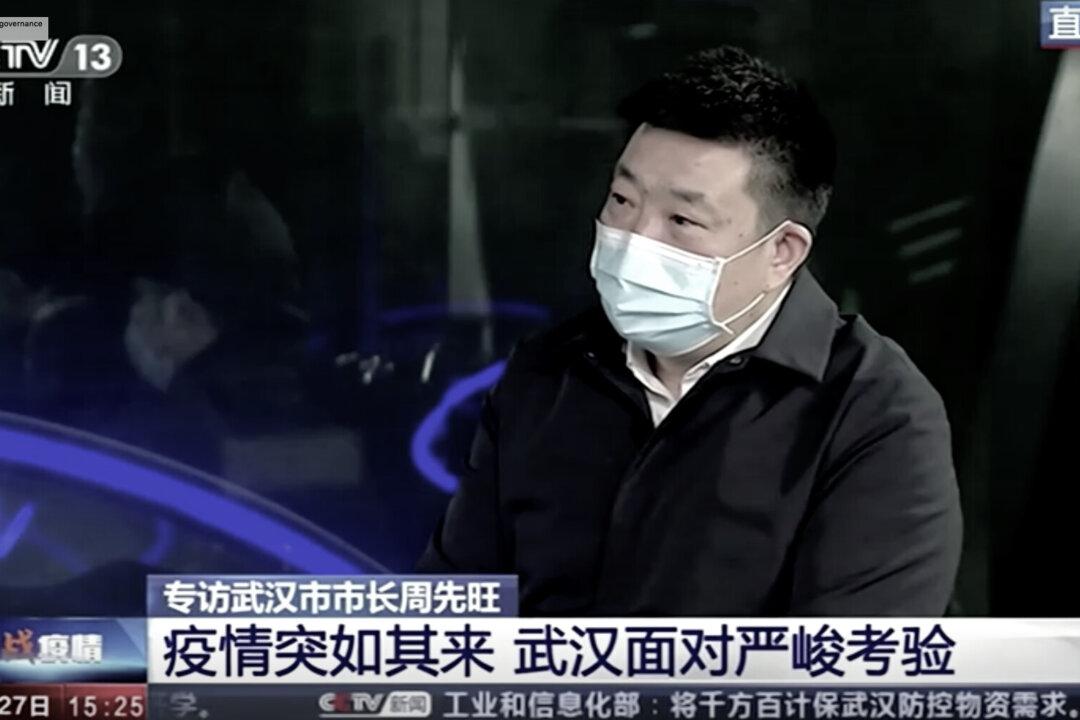A large protest erupted in Wuhan after the Chinese regime reduced the health benefit payments by more than two-thirds. Protesters surrounded the city hall and jammed a nearby roadway. The government dispatched special police, as an online video shows.
On Feb. 8, thousands of retirees gathered in front of the Wuhan city hall wanting an answer from the mayor as to why their medical benefits have been cut from 260 yuan (about $38) a month to 83 yuan (about $12).




